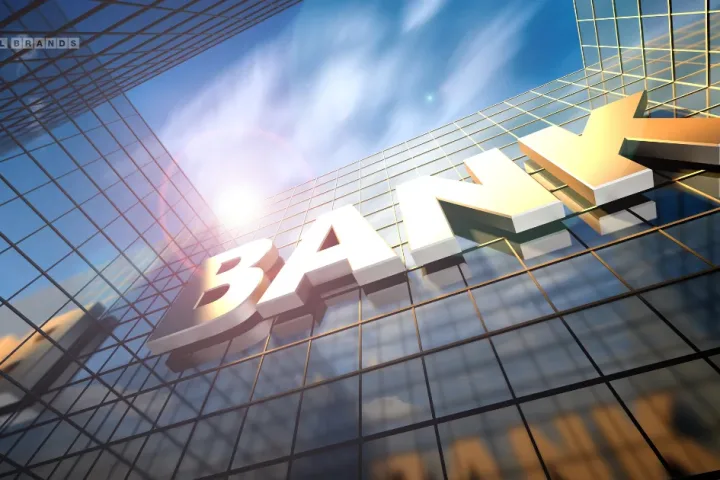The exchange rate for Nigeria Customs duties collection has surged by 23.9%, rising from N1,196.6 per USD to N1,482.9/$.
This increase of N286.3 occurred over just two days, starting from 30th May 2024, when the rate was at N1,196.6/$.
Join our WhatsApp ChannelThe initial drop in the exchange rate for customs duties collection followed the unexpected strengthening of the Naira at the official market to N1,173/$ on 28th May 2024. This marked a significant 14.09% increase, the largest one-day appreciation of the Naira since January 2024.
However, the Naira couldn’t sustain this momentum, falling to N1,339/$ the next day. By the end of the week, it had closed at N1,485.9/$. The close of work rate coincided with the end of May, a month characterised by extreme volatility for the Naira.
“The Naira’s performance has been highly unpredictable this year,” said a financial analyst. “Businesses are finding it hard to plan with such frequent fluctuations.”
READ ALSO: CBN Governor Predicts Decline In Inflation, Exchange Rates In 2024
The turbulent 2024 for the Naira is largely due to supply issues in the forex market. The Central Bank of Nigeria (CBN) has implemented various policy initiatives to stabilise the market, but none have had a lasting effect.
CBN’s Latest Policy on Cash Pooling by IOCs
In a bid to boost forex supply and stabilise the market, the CBN issued a circular allowing International Oil Companies (IOCs) operating in Nigeria to sell 50% of their forex proceeds to authorised dealers or legitimate users. If an IOC does not need the forex proceeds, it can sell them to authorised dealers.
“This move is part of our efforts to stabilise the forex market,” a CBN spokesperson said. “We are committed to finding long-term solutions to these fluctuations.”
Previously, in February, the CBN had mandated that IOCs keep 50% of their forex proceeds for 90 days, a policy known as cash pooling.
Impact on Nigerian Businesses
The volatility of the forex market has led to the Customs Service frequently changing the exchange rate for duties collection, causing significant discomfort for Nigerian businesses, especially importers.
“The frequent changes in the exchange rate for customs duties are creating a lot of uncertainty,” said an importer. “It’s difficult to plan for the future when the rates are so unpredictable.”
Proposal for a Pegged Customs Duties Rate
To address these issues, Taiwo Oyedele, Chairman of the Presidential Committee on Fiscal Policy and Tax Reforms, recommended that the customs duties rate be pegged at N800/$, the same rate used in the 2024 budget.
“Pegging the rate at N800/$ allows businesses to plan long-term and brings uniformity in government actions,” Oyedele stated. “The 2024 budget cannot operate separately from the customs duties rate.”
The Customs Service has defended its regular changes in the exchange rate, citing the unified exchange rate policy of the CBN, which fixes the rate for duties collection.
“We are simply following the guidelines set by the apex bank,” a Customs Service official explained. “Our goal is to ensure that our policies align with the CBN’s unified exchange rate policy.”
As the Naira continues to experience volatility, businesses and policymakers alike are seeking solutions to stabilise the exchange rate for customs duties and create a more predictable economic environment.
Emmanuel Ochayi is a journalist. He is a graduate of the University of Lagos, School of first choice and the nations pride. Emmanuel is keen on exploring writing angles in different areas, including Business, climate change, politics, Education, and others.
- Emmanuel Ochayihttps://www.primebusiness.africa/author/ochayi/
- Emmanuel Ochayihttps://www.primebusiness.africa/author/ochayi/
- Emmanuel Ochayihttps://www.primebusiness.africa/author/ochayi/
- Emmanuel Ochayihttps://www.primebusiness.africa/author/ochayi/


















Follow Us